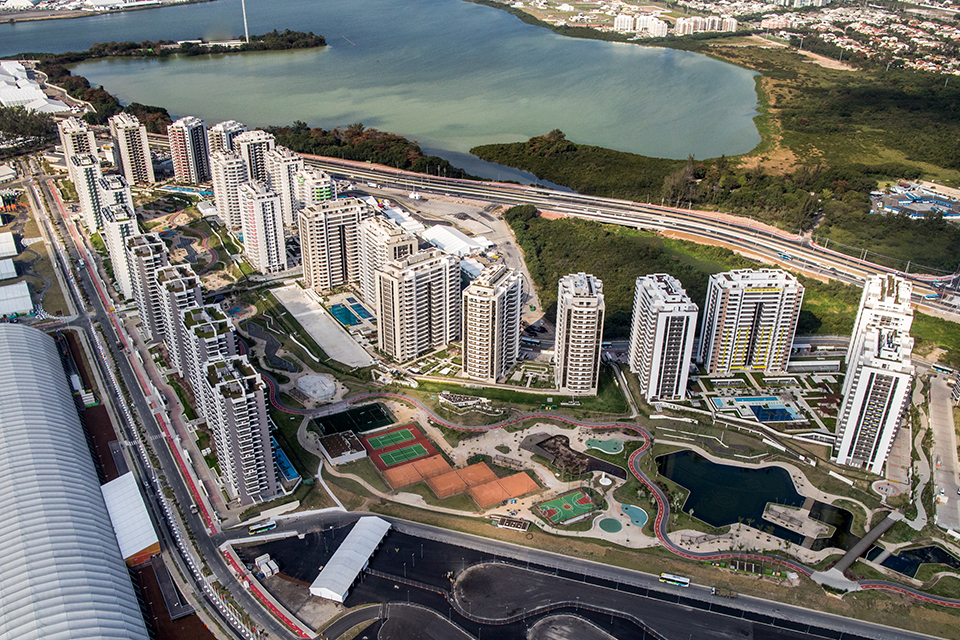The grand spectacles of athletic achievement and fireworks may be over, but the latest Olympic Games continue to harm Brazilians living in Rio de Janeiro. The 2016 Summer Olympics were already controversial for the mass displacement of inhabitants that came with the construction of venues and Olympics-related infrastructure, but it seems as if the mass private development projects and neoliberal economic reforms have gone largely unnoticed by most western viewers.
The mass displacement of poor people
Most people would uphold the belief the purpose of the Olympic Games would promote unity and solidarity with foreign nations through friendly athletic competitions. We let the best and much-beloved athletes — brave and exemplary modern-day warriors— proudly represent the flag of their country as they prove their years of practice and hard work in a few minutes or several seconds of glory. This is the image most people perceive when they watch the Olympics. What most viewers do not see is the mass displacement of poor people, militarization of police, upscale urban development and harmful neoliberal economic reforms that are justified or pushed under the guise of the Olympics.
American academic and former professional soccer player Jules Boykoff discusses in an article published in Jacobin Magazine how the 2016 Rio Olympics were used by the rich to benefit themselves. Urban slums, also known as favelas in Brazil, were demolished and an estimated 77,000 families were displaced in order to make space for the games. Boykoff notes that this is a pattern in the history of the modern Games, accentuating on how “some 1.5 million people lost their residence” as a result of the 2008 Beijing Olympics. The poor are kicked out and the rich are able to use their political influence and wealth to push profitable development projects. An Associated Press report shows how developers planned to turn the Athlete’s Village “into a private condominium complex after the games with some of the 3,600 luxury apartments selling for up to 2.3 million Brazilian reals [$700,000].”
Brazil opposes Olympics
A poll conducted by Datafolha and reported by The Associated Press shows at least half of the people in Brazil opposed the games. The aforementioned article notes “the popularity of the Games has dropped dramatically as Brazil has weathered a two-year recession and unemployment and inflation numbers has risen.” What the article also failed to mention was the fact that Brazil was also experiencing what some have described a “soft coup” when the now former Brazilian President Dilma Rousseff was impeached by opposition groups.
In an interview with Dwyer Murphy, The Nation’s sports editor, David Zirin discussed how “the Olympics projects itself as this engine of peace…yet the Games land in countries and displace people and hold them up at gunpoint while gentrification ensues.” Zirin also notes how “countries accrue debt coming out of the Olympics, but that burden tends to fall on the backs of the poor, not the wealthy.”
It is important to understand that the Olympics had enormous economic and political repercussions for the Brazilian people and will continue to have an effect in the years to come. People are not disposable, and the democratic and peace-seeking nature of athletic games are compromised when they are built on oppression and violence.







